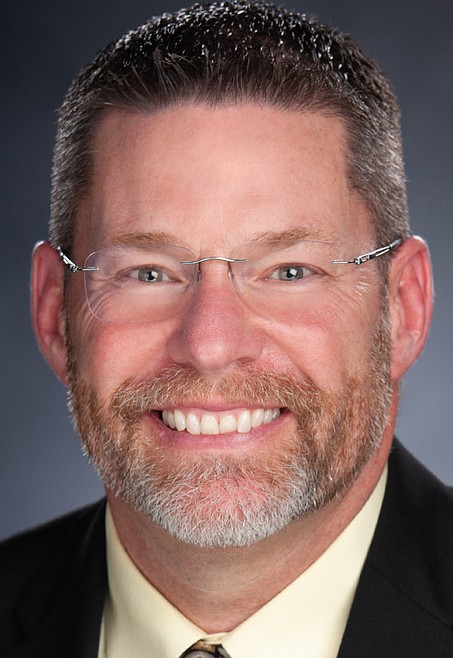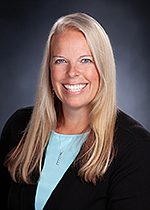Cd'A to update in-school learning, quarantine practice
COEUR d’ALENE — Middle and high school students in the Coeur d'Alene School District will return to four days of in-school learning at the start of the second semester Feb. 1.
The change is the result of a unanimous vote by the Coeur d'Alene School Board during a workshop Wednesday. The vote followed a recommendation presented by Superintendent Steve Cook that all K-12 students be physically in class four days a week with Wednesdays continuing to serve as a remote learning day.
"We're seeing a tremendous drop in the total number of incidence rates," Cook said, citing district data that reflects fewer cases and quarantines among students and staff.
The data also shows that in-school transmission is much lower than exposures that have occurred outside school. Lead nurse Nichole Piekarski said about 80% of quarantines have been from contact that happened outside school.
Cook said the numbers still indicate a level of community spread risk that "is worthy of attention," but internal data "would indicate that it might be time to pull the trigger for an adjustment in how we're attending school."
This adjustment includes a targeted approach to quarantine levels and monitoring each individual building using the district's data tracking tool.
Cook said whether it was a change in behavior or the success of non-pharmaceutical interventions, "there was definitely a difference when we came out of the Thanksgiving holiday compared to what we saw when we came out of the Christmas and New Year's holiday."
Trustee Casey Morrisroe said he's supportive of the recommendation because of the rollout of the vaccine and because of the remote learning inequity he has been hearing about among students.
"The three months or so that we've been in remote learning at secondary is catching up," he said. "I think it's important, and we all agree, that kids are in class as much as possible.
"There are risks to doing this, and we're going to have to monitor that closely," he added, "and hope we continue to see students and staff practicing good safety protocols when they're in our buildings."
The board also unanimously voted to update its quarantine policy based on the K-12 school guidance when masks are worn, released Jan. 4 by the Idaho State Department of Health and Welfare at the recommendation of a working group organized by Gov. Brad Little and adopted by the Idaho State Board of Education.
The policy states that when exposure to a positive COVID case occurs in a school setting and all parties are wearing masks, this policy allows students to continue in-person attendance but they must monitor for symptoms for two weeks. The COVID-positive person would need to quarantine. This doesn't apply to students exposed outside school.
"Essentially, we would not have close contacts at school," Piekarski said.
She said some difficulties accompany this guideline, especially regarding contact tracing.
"We do not have the resources to contact trace masked vs. unmasked exposures, and we know that not all students are wearing masks all day long, every day," Piekarski said.
In some situations, such as physical activity and special education, students can't effectively wear masks.
"Contact tracing would still need to occur in sports and special education, but we do not have the resources to go through and determine who ate lunch for how long with so many minutes," Piekarski said. "We know most of our students in elementary are not socially distanced, and so there's going to be some risk there. With secondary and high school going back, those students will not be able to socially distance either."
After some discussion, trustees decided to implement this updated policy Feb. 15, allowing adjustment time as students resume the four-day in-class routine with the ability to pivot as necessary.
"For me, making so many moves in one fell swoop, it diminishes the effectiveness to discern if it's working or not," Trustee Lisa May said.
Morrisroe said he doesn't want to see a repeat of what happened in the fall when dozens of students in one class were quarantined for exposure to one positive case. He said he sees this updated policy as a good thing because it prevents that type of incident.
"If we took a baby step approach, I would be more comfortable with that then doing nothing at all," he said.
Board Chair Jennifer Brumley said keeping kids in school has always been a top priority.
"We know there were hundreds of kids quarantined unnecessarily," she said. "The data tracking may be changing in that dynamic, maybe limited in that dynamic, and frankly, for a kid to be in school, I'm willing to compromise on that."
The board ran out of time before getting to an agenda item regarding procedures and policy for counselors, but will address that item at a workshop in February rather than the Feb. 1 board meeting, which already has a full agenda.







